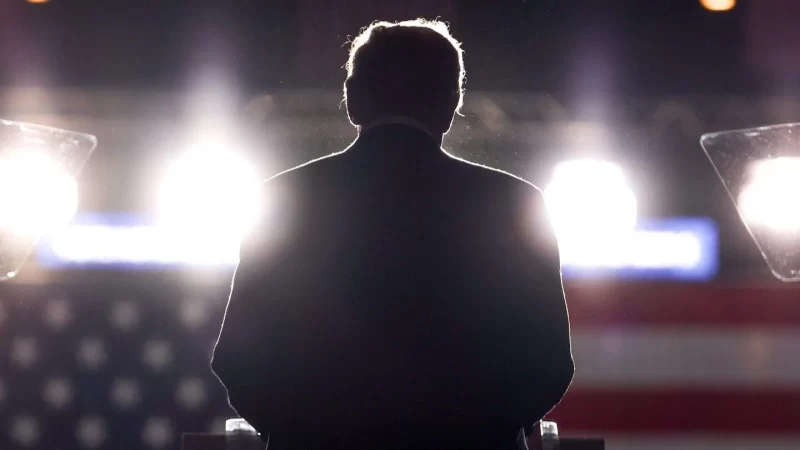By Christen Smith | The Center Square
(The Center Square) – Donald Trump took back Pennsylvania’s 19 electoral college votes early Wednesday after an intense campaigning schedule centered on the commonwealth.
Multiple media outlets called the race for the former president with just over 95% of the ballots counted. At time of publication, he led Vice President Kamala Harris by more than 193,000 votes.
Or, as Trump said himself during a rally in Reading on Monday, “If we win Pennsylvania, we win the whole ball of wax.”
The win brings his electoral college vote count to 267, with three more projected from Alaska by multiple media outlets.
The soon-to-be 47th president spent much of his two-year-long reelection bid courting both Pennsylvania’s rural base and disaffected urbanites frustrated with inflation.
Returns suggest it worked. His three-point victory blocked Harris’ “blue wall” path to the White House, delivering him the biggest prize of the battleground states. As of early Wednesday, Trump had also declared victory in Georgia and North Carolina, with four battlegrounds outstanding.
The long road back to the Oval Office passed through criminal convictions, impeachments and two assassination attempts – one of which happened during a July 13 speech in Butler, Pa.
The historic moment, forever memorialized by a photo of a bloodied Trump raising a fist in the air, arguably changed the campaign’s trajectory in Pennsylvania, and across the nation, adding a new layer to his political outsider persona.
And despite his privileged upbringing and celebrity status, Trump’s message of economic prosperity and border security has resonated with voters, packing stadiums in deep blue cities and drawing six-figure crowds.
The billionaire’s penchant for coarse remarks is what has reviled Democratic critics most, with many happy to paint the former president as a “fascist dictator” – including Harris’ running mate, Minnesota Gov. Tim Walz.
The character assassination, a staple of Democratic campaigns against Trump dating back to 2016, fell flat this time in Pennsylvania, where voters worried more about inflation, immigration and abortion access.
